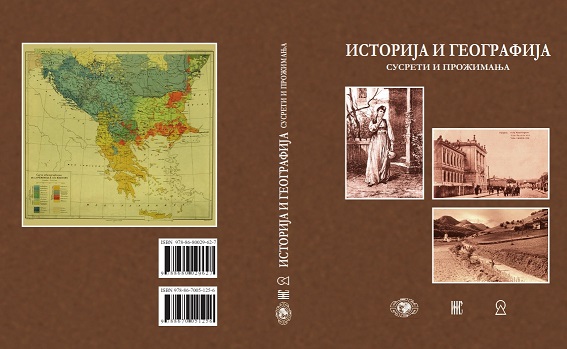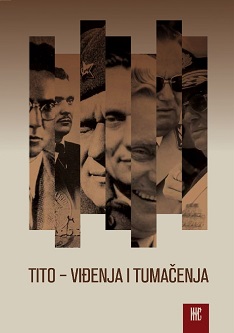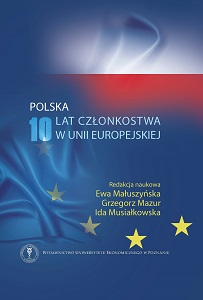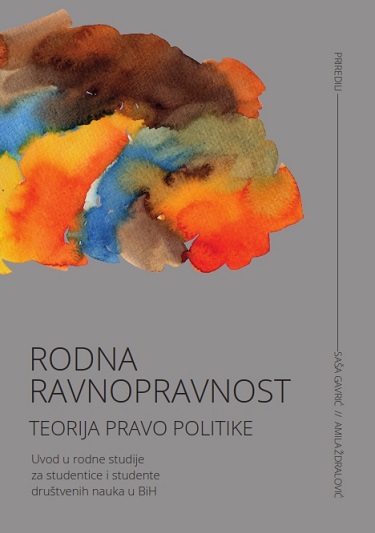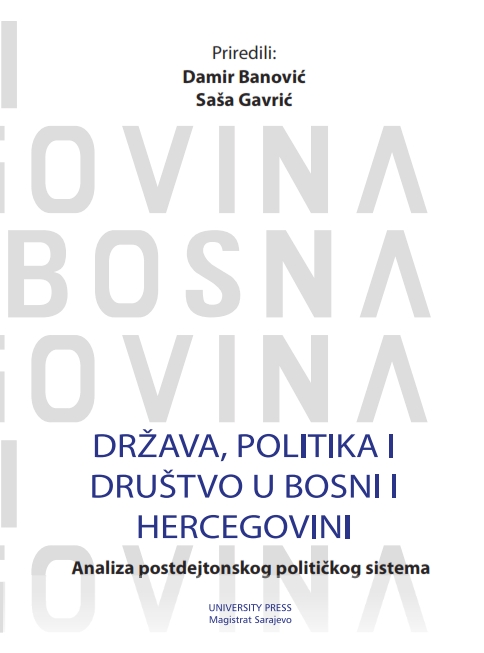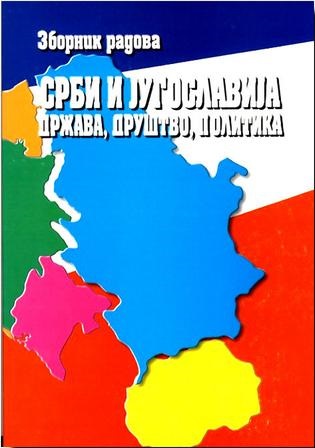
Подела Краљевине Југославије 1941. године у светлу међународног права
Main problem of research is effort of Germany to break Kingdom of Yugoslavia and to present splitting of its territory like a legitimate act in accordance to rules of international law. Intensive diplomatic activity made by Nazis after the military overthrow in Belgrade, March 27th 1941. Point has been made on failure of German diplomacy in their efforts to acquire Vlatko Maček, leader of the strongest political party in Croatia, to make the secession of Banovina Hrvatska, which would give Axis reason for aggression. Characteristic examples of political opportunism, in which base was politic of non-confronting to Germany, are shown by USSR and Vatican, that didn’t even react about splitting of Yugoslavia, although they had diplomatic relationship with her, on embassy level. Negation of Yugoslavian state existence in period after April 18th 1941, although the internal act have been accepted only by the Axis and their satellites, the Nazis were trying to make legally stronger, by giving state attributes to Independent state of Croatia (NDH), and by involvement of this state among Axis. Condition of occupied Serbia is shown only in fi rst faze of occupation, in time of commissary rule by Milan Aćimović, when occupation goverment, in basics, respected main rules of occupation doctrine, accepted in international law.
More...
